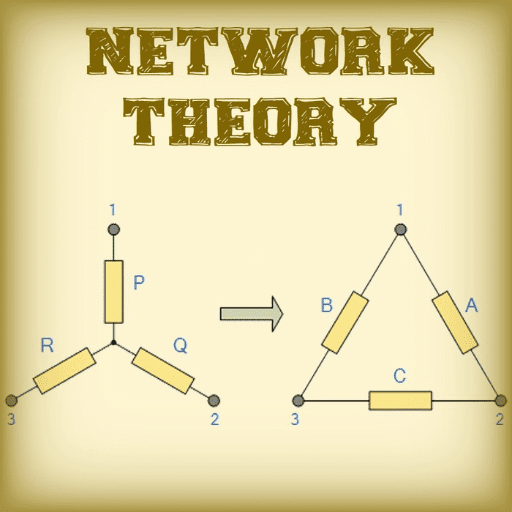Best Study Material for Class 12 Exam
Class 12 Exam > Class 12 Notes > MCQ: Magnetic field induction
MCQ: Magnetic field induction - Class 12 PDF Download
A current I flows along infinitely long straight thin counductor , then magnetic field induction at any point on the counductor is
- a)μ0 2I/4π
- b)2I/r
- c)Infinity
- d)zero
Correct answer is option 'D'. Can you explain this answer?
Ref: https://edurev.in/question/509119/A-current-I-flows-along-infinitely-long-straight-thin-counductor-then-magnetic-field-induction-at-
Let R be the radius of a long thin cylindrical shell. To calculate the magnetic induction at a distance r (r < R) from the axis of cylinder, a circular shell of radius r is shown:
Since no current is enclosed in the circle so, from Ampere's circuital law, magnetic induction is zero at every point of the circle. Hence, the magnetic induction at any point inside the infinitely long straight thin-walled tube (cylindrical) is zero.
FAQs on MCQ: Magnetic field induction - Class 12
| 1. What is magnetic field induction? |  |
| 2. How is magnetic field induction measured? |  |
Ans. Magnetic field induction is measured using a device called a magnetic field sensor or magnetometer. These instruments can detect and quantify the strength of the magnetic field in a particular area. The unit of measurement for magnetic field induction is the tesla (T) or the gauss (G).
| 3. What factors affect magnetic field induction? |  |
Ans. Several factors can affect magnetic field induction. The strength of the magnetic field is influenced by the current flowing through a conductor, the number of turns in a coil, the permeability of the material, and the distance between the conductor and the magnetic field source. Additionally, the presence of ferromagnetic materials can amplify the magnetic field induction.
| 4. How does magnetic field induction relate to Faraday's law of electromagnetic induction? |  |
Ans. Magnetic field induction is closely related to Faraday's law of electromagnetic induction. According to Faraday's law, a change in magnetic field induces an electromotive force (EMF) in a conductor, which in turn creates an electric current. The magnitude of the induced EMF is directly proportional to the rate of change of magnetic field induction.
| 5. What are some practical applications of magnetic field induction? |  |
Ans. Magnetic field induction has various practical applications. It is used in power generation through electromagnetic induction in generators and alternators. Magnetic field induction is also utilized in electric motors, transformers, magnetic resonance imaging (MRI) machines, and magnetic sensors. Additionally, it plays a vital role in telecommunications, electronics, and magnetic levitation systems.
Related Searches























